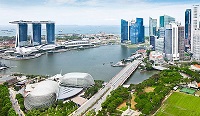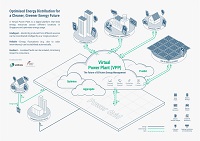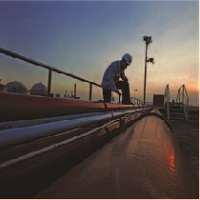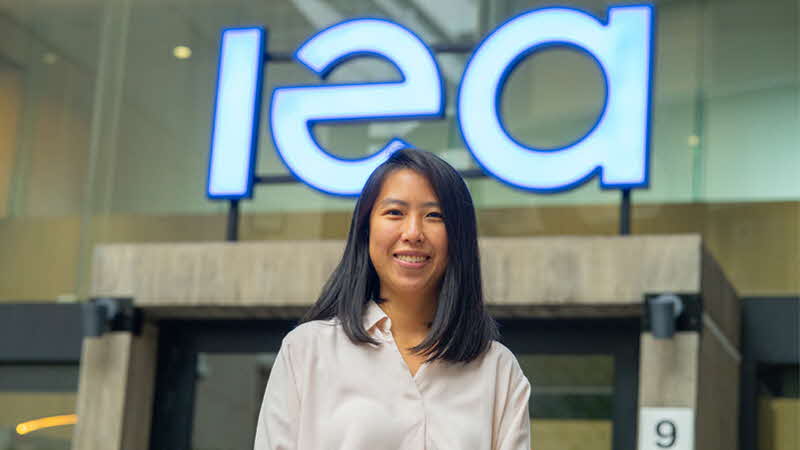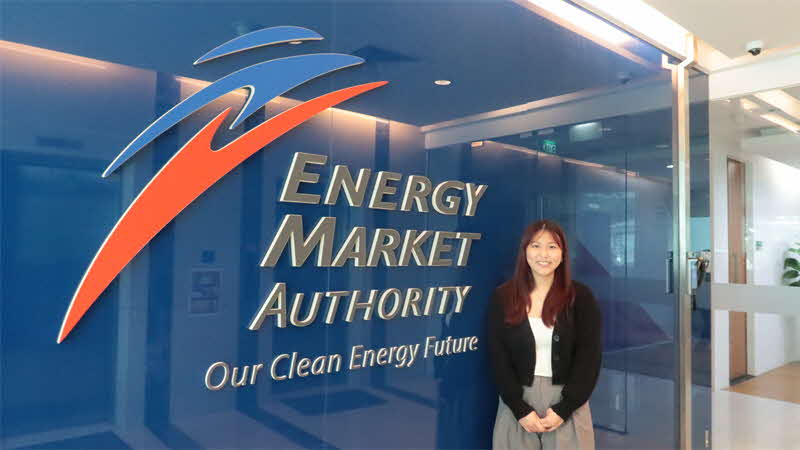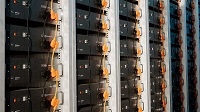For more information, please refer to:
Media Releases
21 Oct 2024
- The Energy Market Authority (EMA) has issued a Grant Call to select participants – power generation companies and industry partners – to co-fund and conduct site-specific carbon capture and storage (CCS) feasibility studies for the power sector. This is part of EMA’s efforts to explore power sector CCS pathways to help achieve Singapore’s net zero emissions target by 2050, while meeting the city-state’s growing energy demand.
- Unlike other low-carbon alternatives, power sector CCS, if proven feasible, can allow Singapore to use our existing natural gas infrastructure to achieve our decarbonisation goals.
- The Grant Call aims to study two power sector CCS pathways: (a) post-combustion carbon capture for combined-cycle gas turbines (CCGTs) and (b) pre-combustion carbon capture to produce hydrogen (H2) for power generation. Both pathways involve capturing the carbon dioxide (CO2) produced and storing them in underground CO2 storage sites.
- Post-combustion carbon capture refers to the installation of an onsite CO2 capture unit to capture CO2 from waste gas produced during the combustion of natural gas in CCGTs. Pre-combustion carbon capture refers to the installation of an onsite CO2 capture unit to capture CO2 generated during the production of H2 from natural gas. The H2 would then be combusted in CCGTs to generate power.
- This Grant Call for feasibility studies will enable EMA and the power generation companies to deepen our understanding of power sector CCS pathways.
- The Singapore Government is also developing a carbon capture and storage project to aggregate CO2 emissions on Jurong Island for overseas storage, with Phase 1 likely to start around 2030. If proven feasible, these power sector CCS pathways could potentially leverage future phases of the Jurong Island cross-border CCS project.
- To be eligible for the Power Sector CCS Grant Call, participants should be operating or bidding to operate a H-class CCGT on Jurong Island or Tuas by 2035. They must have completed a pre-feasibility study for either the post-combustion carbon capture or pre-combustion carbon capture pathway.
- Participants’ proposals will be evaluated based on three main criteria: (a) the amount of additional land required; (b) the quality of the proposal; and (c) the funding requested from EMA.
- Interested parties should visit the EMA website to view the Power Sector CCS Grant Call document for more details, and to reach out to the point of contacts contained therein if they have any queries. Interested parties are invited to submit their proposals by 31 January 2025.
